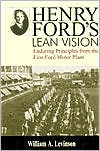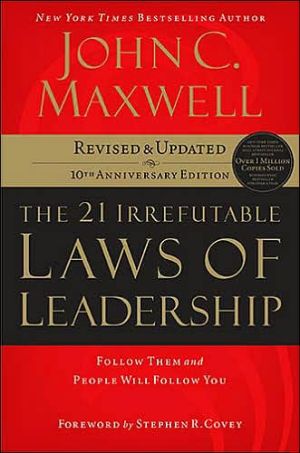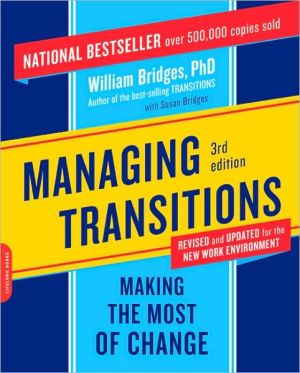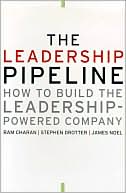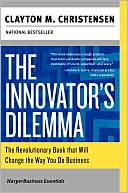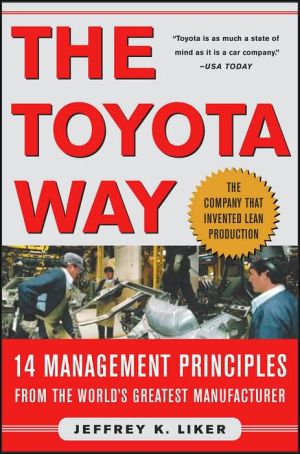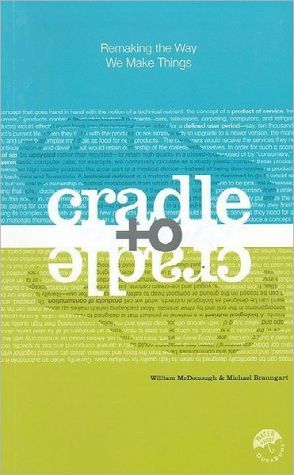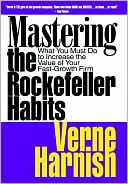Henry Ford's Lean Vision
Praise from Industry Week, January 2003\ "...In Henry Ford's Lean Vision...Levinson shows how the father of American mass production toiled to eliminate waste, instituted just-in-time delivery of inventory, and applied many other tools now identified with lean..."\ Japanese manufacturers have made concepts like kaizen (continuous improvement), poka-yoke (error-proofing), and just-in-time famous. When the Japanese began to adopt these techniques from the Ford Motor Company during the early...
Search in google:
Praise from Industry Week, January 2003"...In Henry Ford's Lean Vision...Levinson shows how the father of American mass production toiled to eliminate waste, instituted just-in-time delivery of inventory, and applied many other tools now identified with lean..."Japanese manufacturers have made concepts like kaizen (continuous improvement), poka-yoke (error-proofing), and just-in-time famous. When the Japanese began to adopt these techniques from the Ford Motor Company during the early twentieth century, they knew exactly what they were getting: proven methods for mass-producing any product or delivering any service cheaply but well.Henry Ford's methods, however, went well beyond the synergistic and mutually supporting techniques that constitute what we now call lean manufacturing. They included the "soft sciences," the organizational psychology that makes every employee a partner in the drive for success.In Henry Ford's Lean Vision, William A. Levinson draws from Henry Ford's writings, the procedures in his factories, and historical anecdotes about the birth of lean in Japan to show that the philosophy that revolutionized Japanese manufacturing was the same philosophy that grew the Ford Motor Company into a global powerhouse — and made the United States the wealthiest and most powerful nation on earth. Levinson reveals how Ford was ahead of other modern visionaries and discusses why the very ideas that made his company such a success were abandoned in his own country, and why they finally found acceptance in Japan.Henry Ford's Lean Vision is a hands-on reference that provides the reader with proven principles and methods that can be applied in any business or service enterprise. It covers all aspects of building and running a successful enterprise, including Ford's principles for human relationships and the management of physical resources. Soundview Executive Book Summaries In Henry Ford's Lean Vision, Levinson, a principal of Levinson Productivity Systems, digs into Henry Ford's writings and factory procedures, as well as historical anecdotes about the birth of lean in Japan, to demonstrate that the philosophy that revolutionized Japanese manufacturing was the same philosophy that grew Ford Motor Co. into a global giant. To show readers how any job or business system can be viewed from a new perspective, Levinson urges readers to examine the activity and ask, "What would Henry Ford do?" Copyright © 2003 Soundview Executive Book Summaries
PrefaceixWhy This Book Was WrittenxiIntroductionxiiiWhat to Expect from this BookxiiiBackground ResourcesxivChapter by Chapter Overviewxv1Brave New World: Changing How the World Works1The Bottom Line: Ford's Results Speak for Themselves3Defining Lean Enterprise6Ford's Basic Principles172Ford's Principles: The Foundation21Natural Law22Ford and Eastern Philosophy: The Japanese Connection27Continuous Improvement: Kaizen30Bringing Win-Win to the Workplace41Service47Summary523Ford on Labor Relations55Management and Labor as Partners56No Free Lunch: A Key Concept64Human Resource Practices66Employee Housing and Stores70Summary734Principles for Organizational and Personal Success75Persistence81Initiative83Breaking Down Organizational Barriers85Corporate Culture at the Ford Motor Company88How the Ford Motor Company Lost Its Culture965Perceiving Genuine Value103A Warning to the United States104Everything Must Add Value113Middlemen Do Not Add value113Advertising as Waste120No Free Lunch1246Ford on Economics, Government, and Health Care133Business Cycles133The Stock Market Should Be Irrelevant to National Prosperity135The Role of Inexpensive Energy138The Role of Government145Health Care1537Eliminate Waste161"Everything But the Squeal"163ISO 14000 Is Free178Summary1888Ford's Factory191The Factory and the Worker194Continuous Improvement: Kaizen195Lean Manufacturing2005S-CANDO201Just-In-Time (JIT) Manufacturing and Inventory Reduction228Design for Manufacture and Design for Assembly247Process Simplification and Improvement254Packaging and Delivery267Point-of-Use Assembly268Occupational Safety270Quality Control2819Customer and Supplier Relationships285Identifying Markets and Creating Demand285Pricing Strategy289Supply Chain Management29210Frederick Winslow Taylor and Scientific Management301Did Taylor Influence Ford?303Scientific Management, Lean Manufacturing, and Kaizen Blitz304Taylor and Motion Efficiency305The Truth Behind Taylorism309Principles for Change Management319An Experimental Design Tragedy32211The Influence of Benjamin Franklin327Franklin on Waste328Franklin on Initiative, Self-Reliance, and Persistence331Franklin on Money333Bibliography335Index343
\ Soundview Executive Book SummariesIn Henry Ford's Lean Vision, Levinson, a principal of Levinson Productivity Systems, digs into Henry Ford's writings and factory procedures, as well as historical anecdotes about the birth of lean in Japan, to demonstrate that the philosophy that revolutionized Japanese manufacturing was the same philosophy that grew Ford Motor Co. into a global giant. To show readers how any job or business system can be viewed from a new perspective, Levinson urges readers to examine the activity and ask, "What would Henry Ford do?" Copyright © 2003 Soundview Executive Book Summaries\ \
